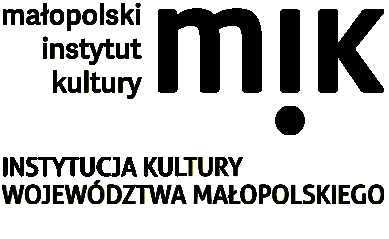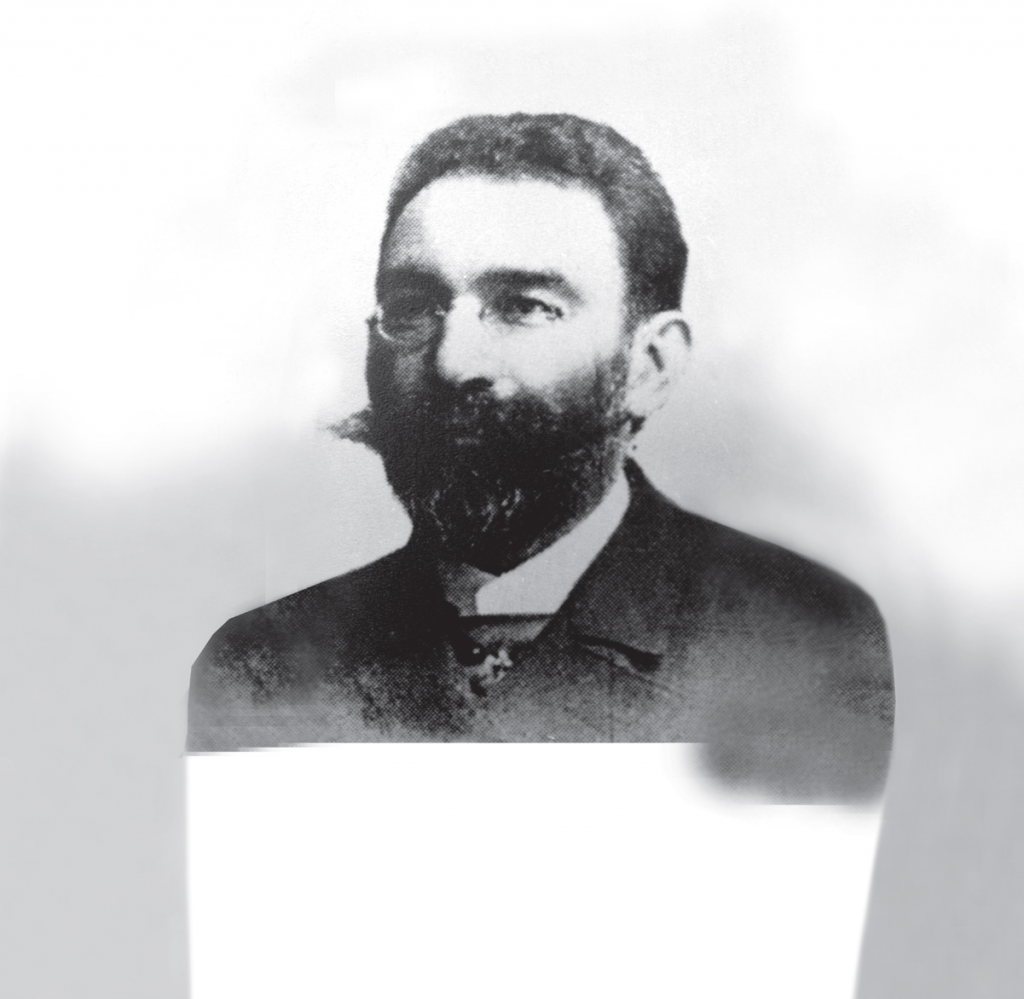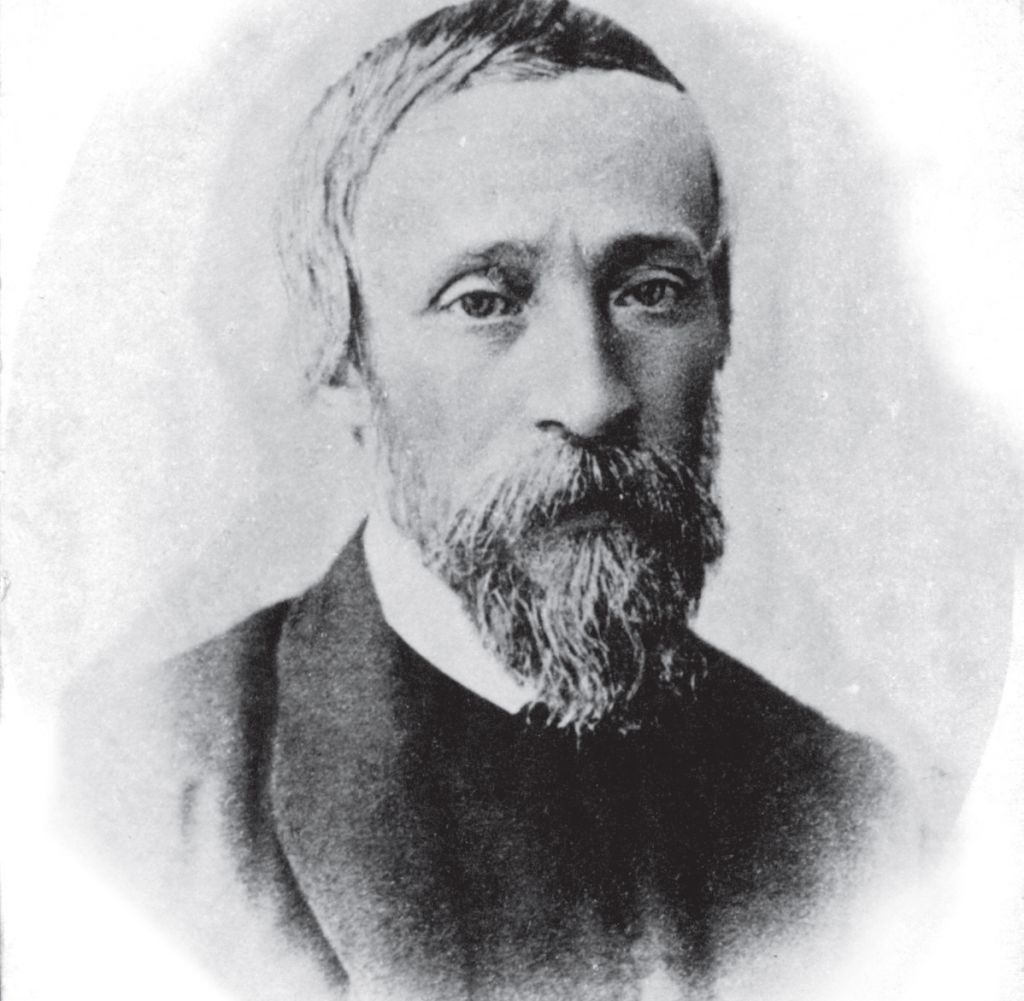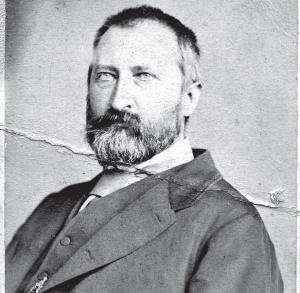Albert Fauck was born in Słupsk and died in Marcinkowice. While in emigration in the United States, he fought in the Civil War, studied, and worked as an intern at coal and ore mines. His intuition of future success brought him back to Europe. In 1863, Fauck opened an oil company and launched intensive exploration. He quickly rose to fame as a prominent expert in drilling and tried to improve the methods and machinery used to extract black gold. He was the one who started the Pennsylvania drilling school and improved the Fabian cutter. In 1872, he replaced manual hammer drilling with steam machines, which considerably accelerated the development of the Galician oil industry. His devices were able to reach deeper and deeper – he reached a depth of 636m in Krościenko and 1,000m in Boryslav. He contributed his experiences to the early science of oil extraction.
Ignacy Łukasiewicz was born in Zaduszniki and died in Chorkówka. He is considered as the father of Polish oil industry. In 1848, he started working at Piotr Mikolasch’s pharmacy in Lviv. Łukasiewicz and Zeh used the pharmacy’s laboratory to distil oil and subsequently used the distilled oil in lamps. With assistance from the sheet-metal worker Adam Bratkowski, they developed an oil lamp.The Mikolasch–Zeh–Łukasiewicz partnership (800 Austro-Hungarian guldens contributed by each partner) found a client who purchased 500 kg of oil with oil lamps – a Lviv hospital, which performed the first night operation with light from oil lamps on 31st July 1853. He became a politician and had more influence over the development of the Galician oil industry. He was active in worker protection laws and the construction of new roads and bridges. He also set up welfare funds (illness and accident funds for workers), communal funds (interest-free loans), bathhouses, and childcare centres.
Karol Klobassa was born in Drohobych and died in Kraków. He went to study at the Vienna University of Technology. He also studied agronomy at the Agricultural Academy in Hohenheim. Klobassa’s wealth grew considerably thanks to two marriages. His vast orchards provided apples for production of an alcoholic beverage – cider. His breakthrough decision was to let Trzecieski and Łukasiewicz drill on his field in Bóbrka, initially free of charge. Soon, oil became the foundation of his family fortune. Klobassa was also the co-founder of the National Oil Association.




